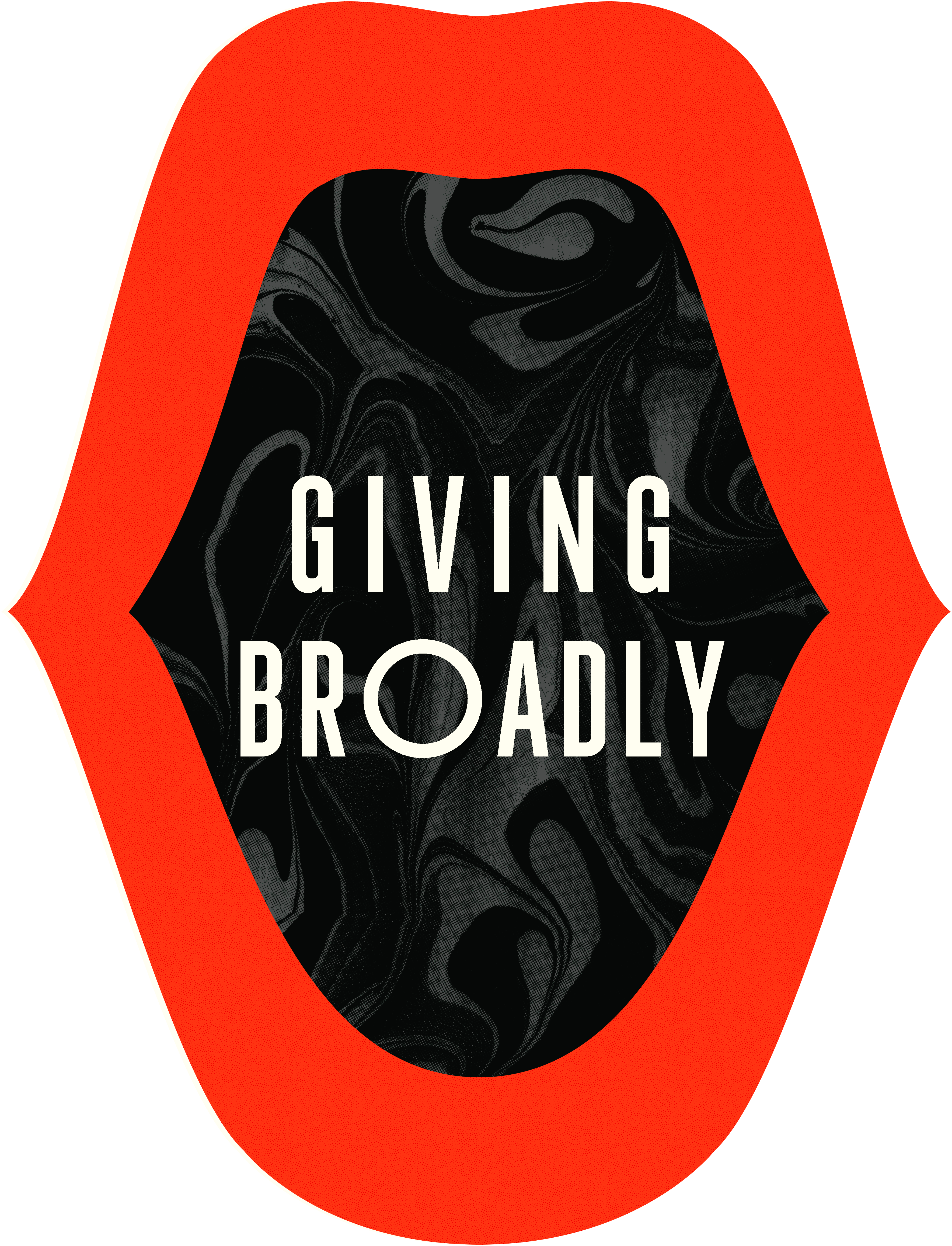Ariana Day Yuen
Maryiza
In Ethiopia's Gera Forest, NGO consultant Ariana Day Yuen tasted raw honey recently harvested from local Geteme trees. It was thick and chewy with hints of citrus and fresh flowers. Yuen now works with smallhold forest farmers to produce four single-tree honeys under her Forested Foods' Maryiza label.
Ethiopian Single Tree Honey
These honeys are a rolling thunder of flavor—they pass across your palette strong and clear; each unique in texture, taste, color.

A Conversation With...
Ariana Day Yuen
When did you come up with the idea for Forested Foods and Maryiza?
While I was working in Ethiopia in 2016 on a forest conservation strategy with the NGO TechnoServe and the Swedish government, I learned about the critical impact of forest conservation on millions of forest communities and life-or-death environmental ecosystem services (clean air, water, soil management). I also found out about all the unique and potentially lucrative agriculture products that grow in forests (spices, honey, fruit). I began to see that we could harmonize forest conservation and agriculture production to everyone’s benefit.
Forested Foods was kickstarted in 2018 with the pleasant—and unexpected—returns from two bitcoins I bought in 2014, as well as with funding from Yale University (I incubated and piloted the project at the Yale School of Management). Maryiza, a line of single-origin honeys from Ethiopia’s indigenous trees, launched in 2019 and is Forested Foods’ first and anchor brand. I returned to Ethiopia in 2019, to build Forested Foods full-time.
Where do you source the honey?
We have started sourcing and production in three forests in Ethiopia’s southwestern Afromontane region. First, we recruit and build smallholder farmer groups, and work with farmer cooperatives who live in and around the edges of native forest ecosystems. We also work with the Ethiopian government’s honeybee botany experts to identify the major flowering seasons of indigenous trees in the forest. Then we support our partner farmers in producing single-origin honeys throughout the year. This allows us to produce and supply distinct varieties of honey in terms of color, texture and flavor.
Do you remember the first time you tasted Ethiopian honey?
It was May 2015, and I was on a work field trip in Gera Forest, Ethiopia, visiting smallholder coffee farmers with whom we were working to improve the quality and yield of their coffee. A farmer had invited me and the team for a coffee break in the afternoon. In addition to serving us coffee, they brought out freshly baked bread rolls and a plate of thick, creamy, off-white honey. I later learned that this was honey from the Geteme tree, recently harvested in the forest. It was like no other honey I had ever experienced. It was so rich in flavor—bright with hints of citrus and spring flowers. It also had a uniquely thick and chewy texture. It was at that moment that I realized I had never had real, raw honey.
Did you ever consider giving up?
No. One of my distinct qualities is that I am unreasonably optimistic, for better or for worse.
What was your first entrepreneurial endeavor?
In fall 2011, I watched “Seoul Train,” a 2004 documentary that captures the journeys of North Korean defectors escaping to China. I was so moved that in spring 2012, I launched Let Morning Shine!, an art auction and educational event series with proceeds donated to North Korean refugee resettlement.
Last Word
My overarching mission is to combat climate change. And I’m working toward this through forest conservation. My vision, brought to life through Forested Foods, is to help mold our world so that forest ecosystems are more profitable for all when they are conserved rather than destroyed.
